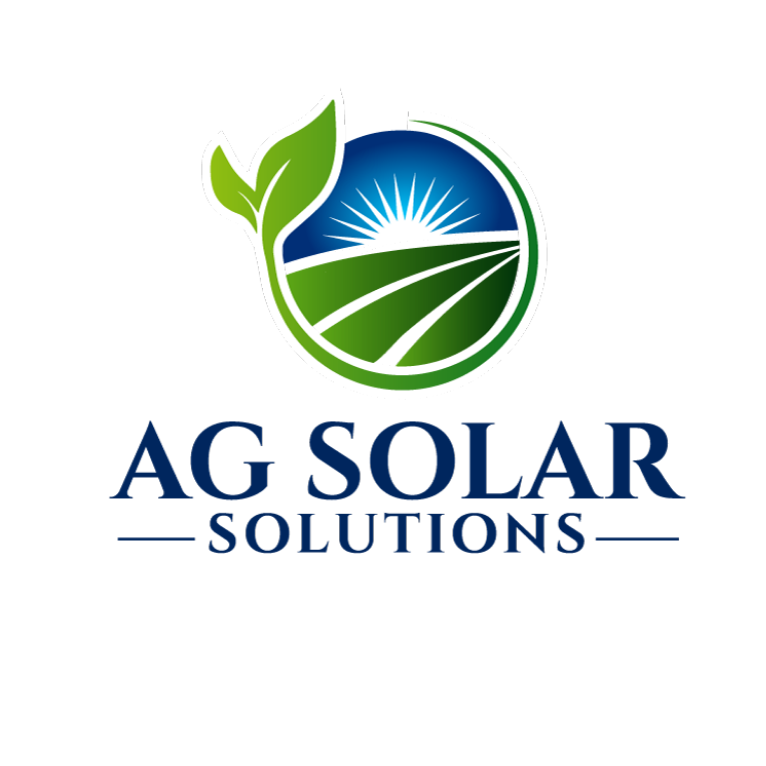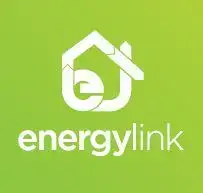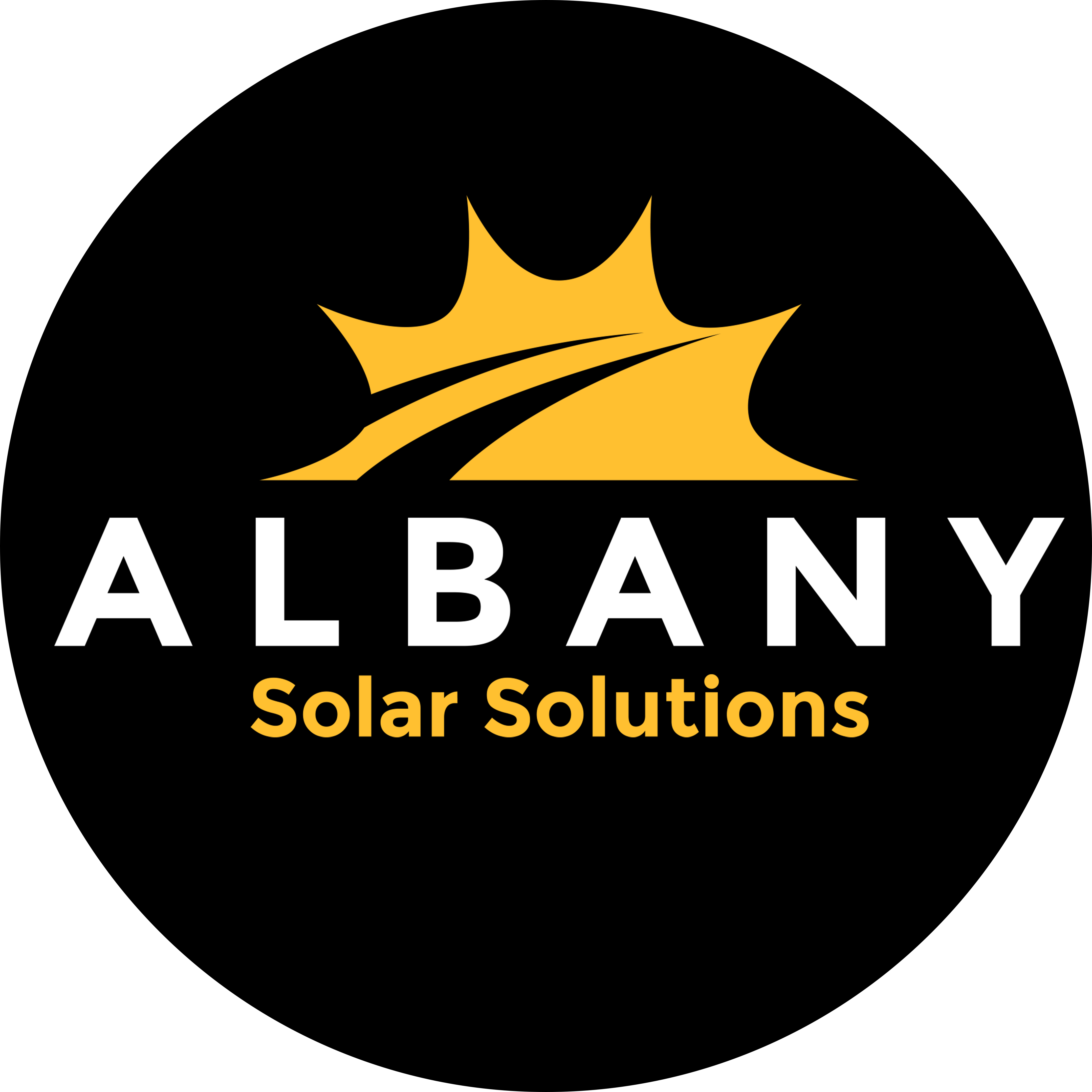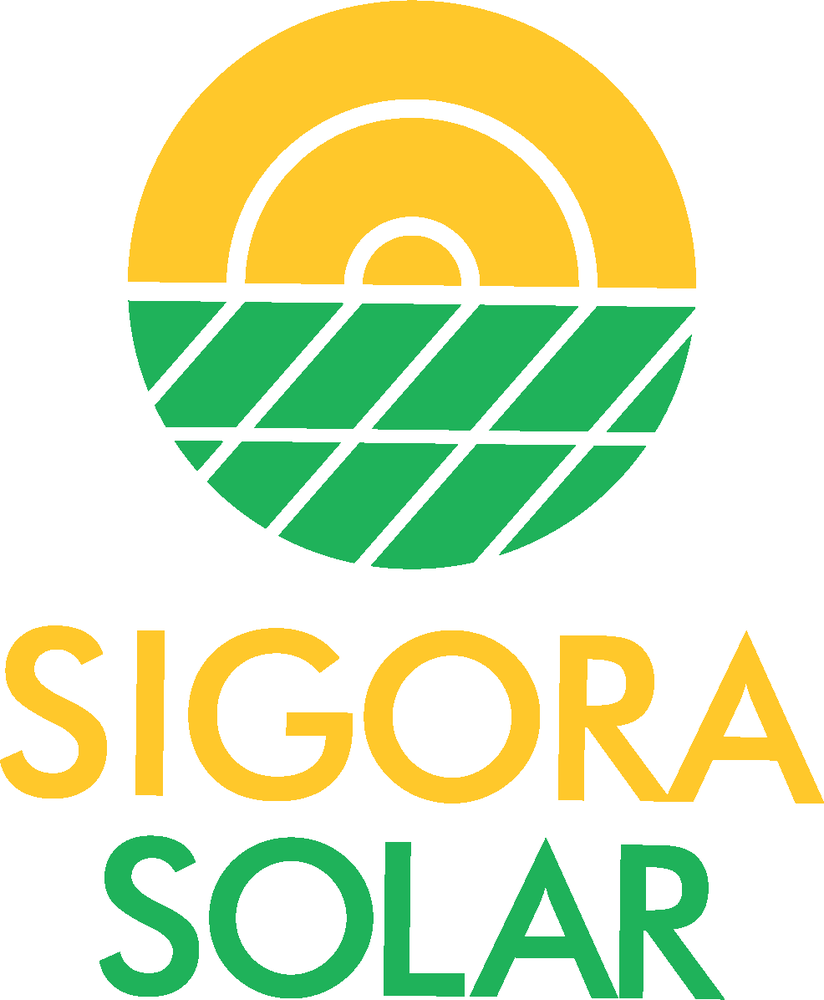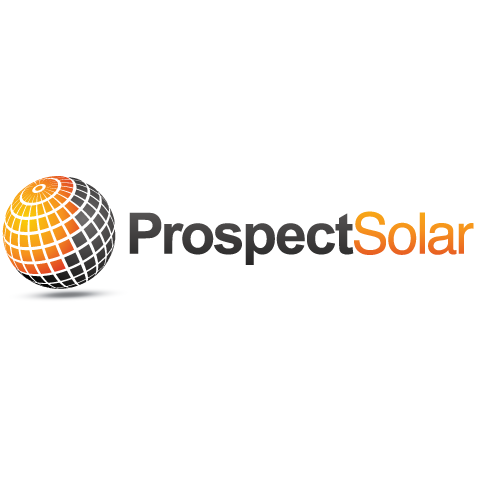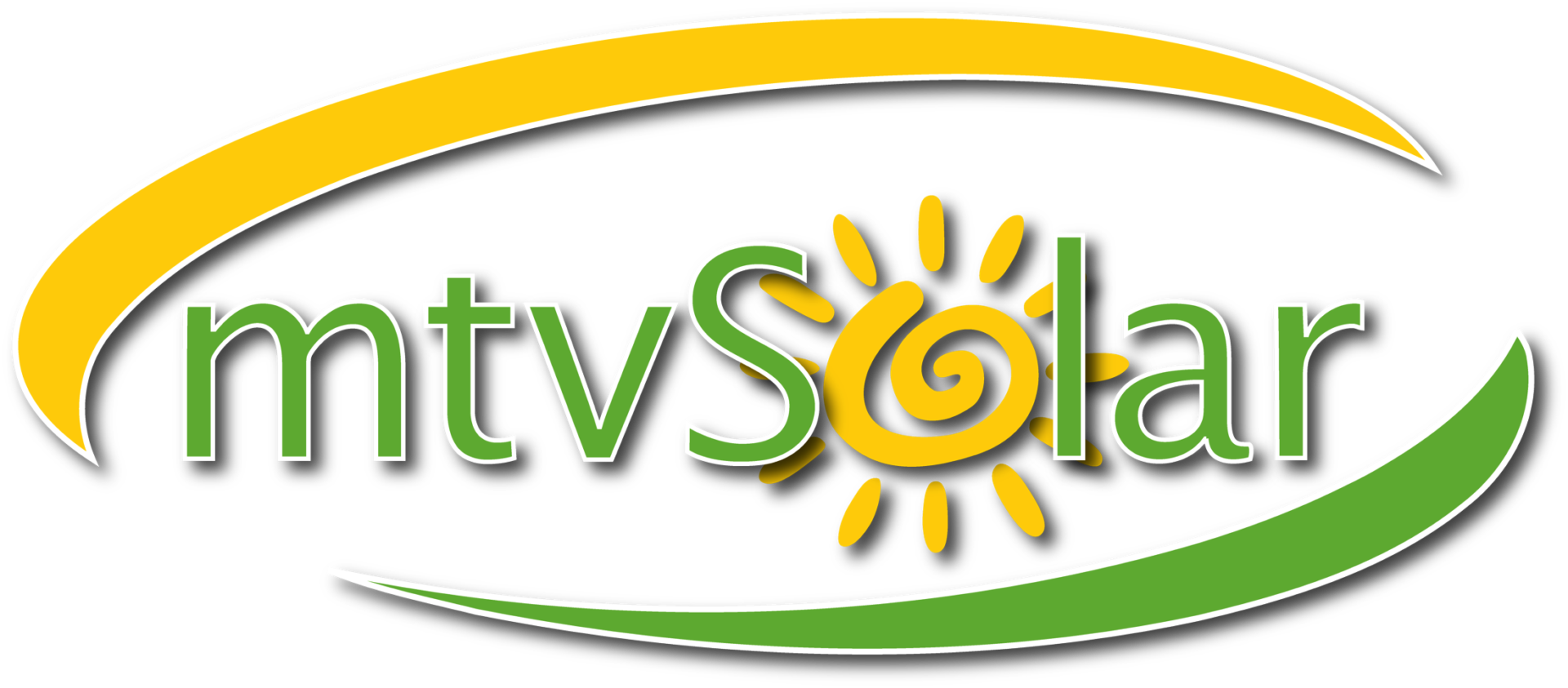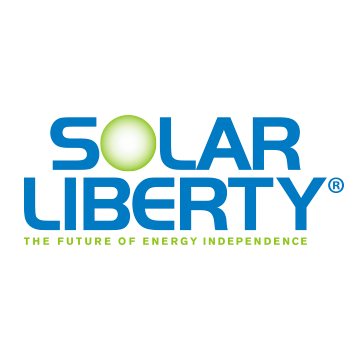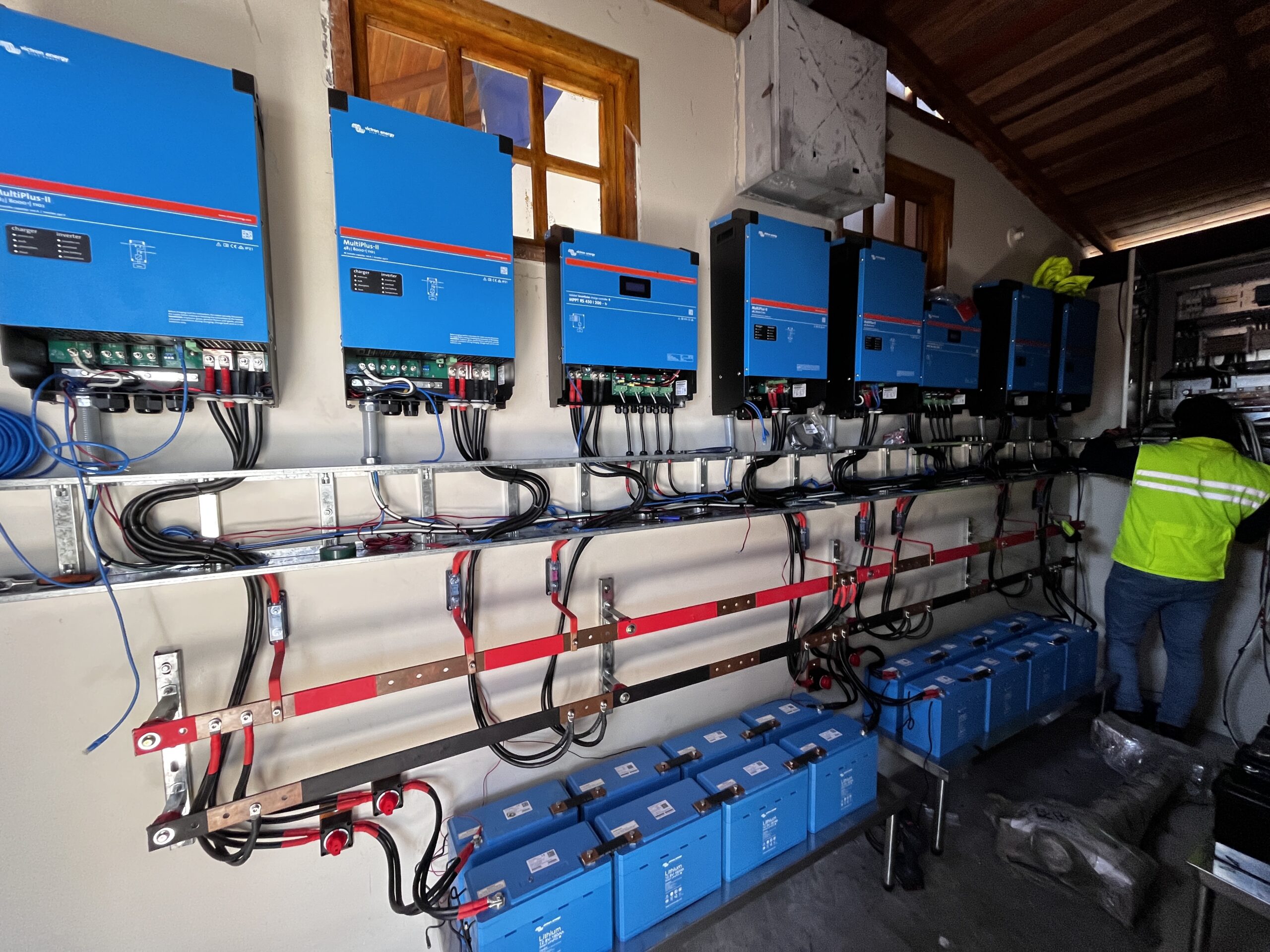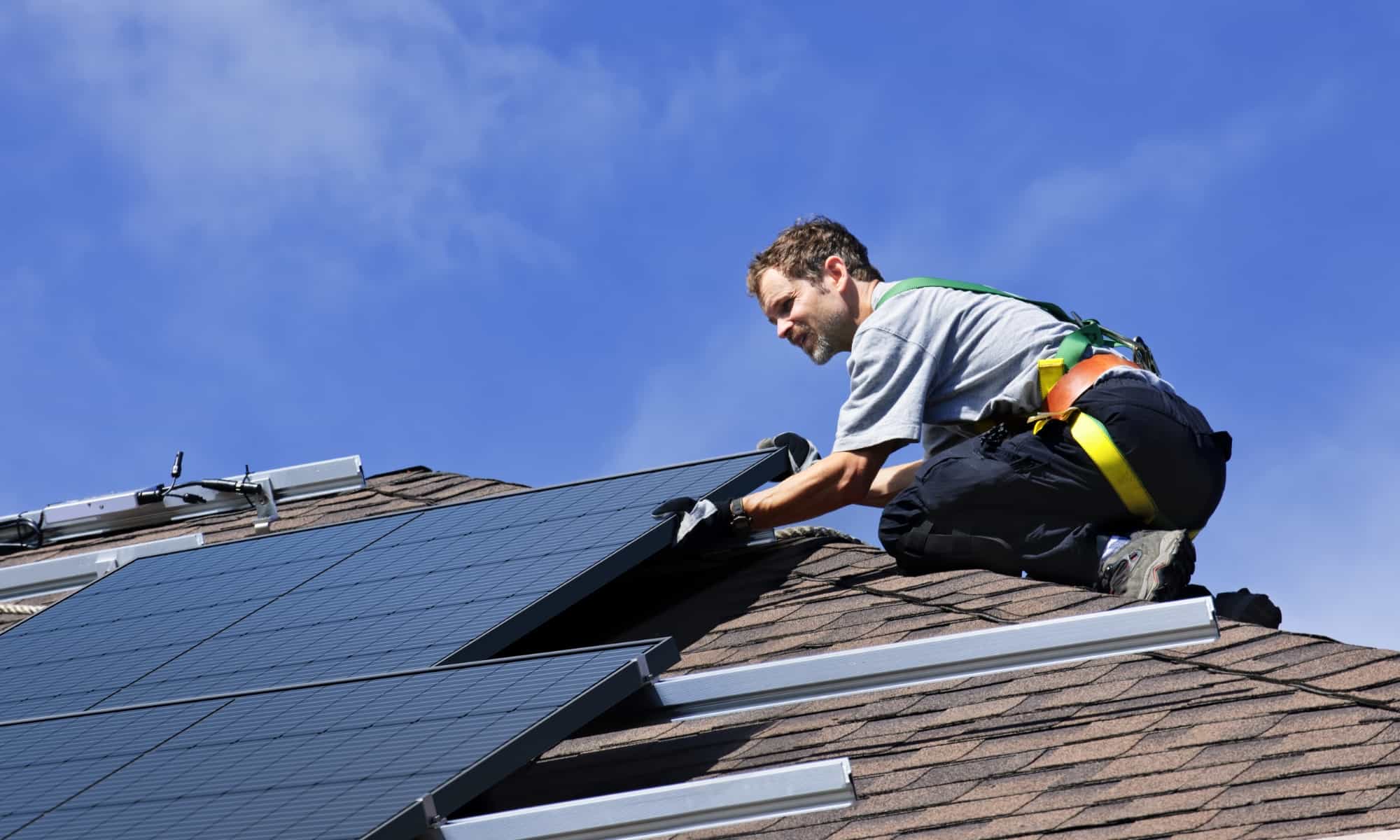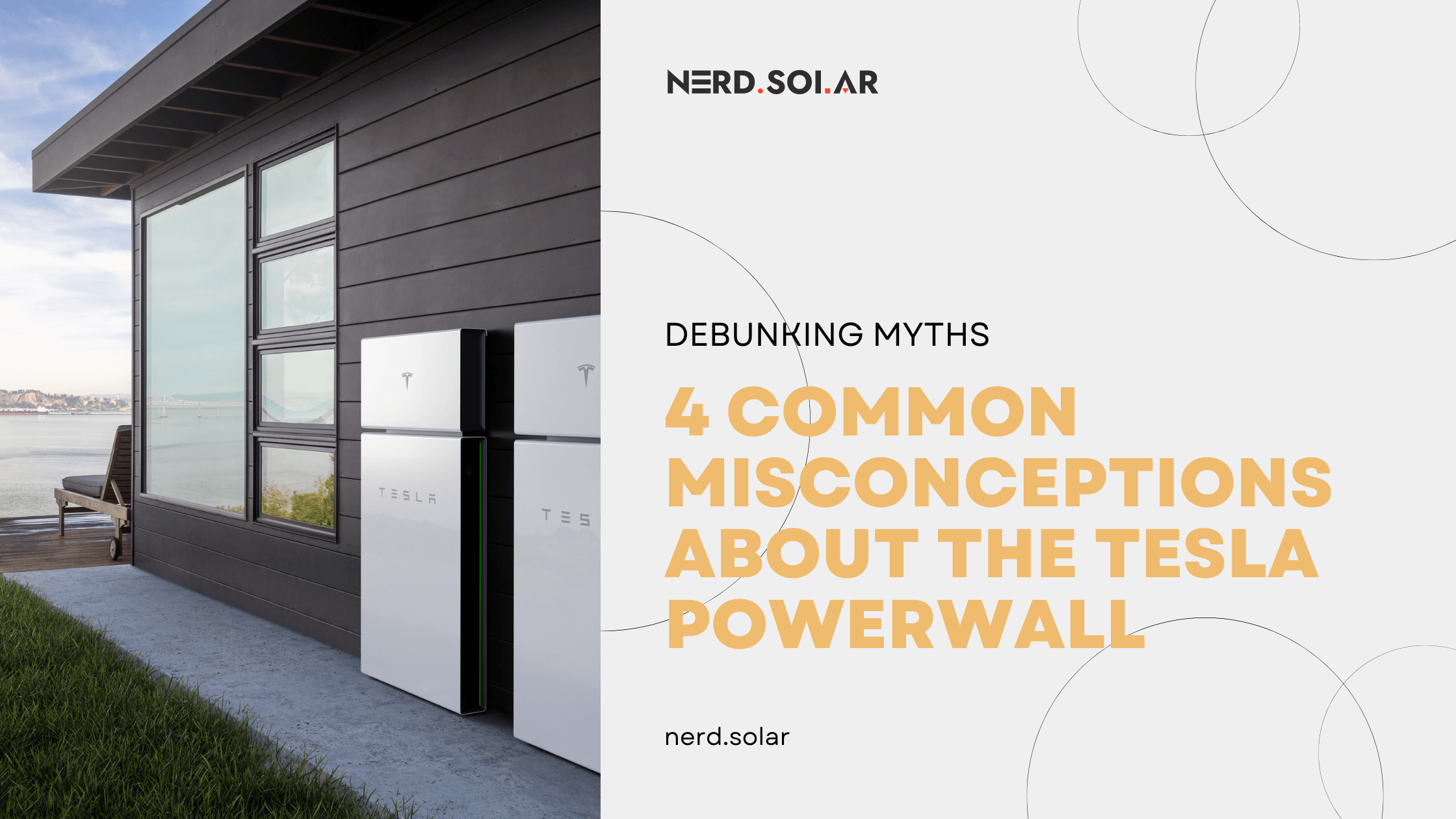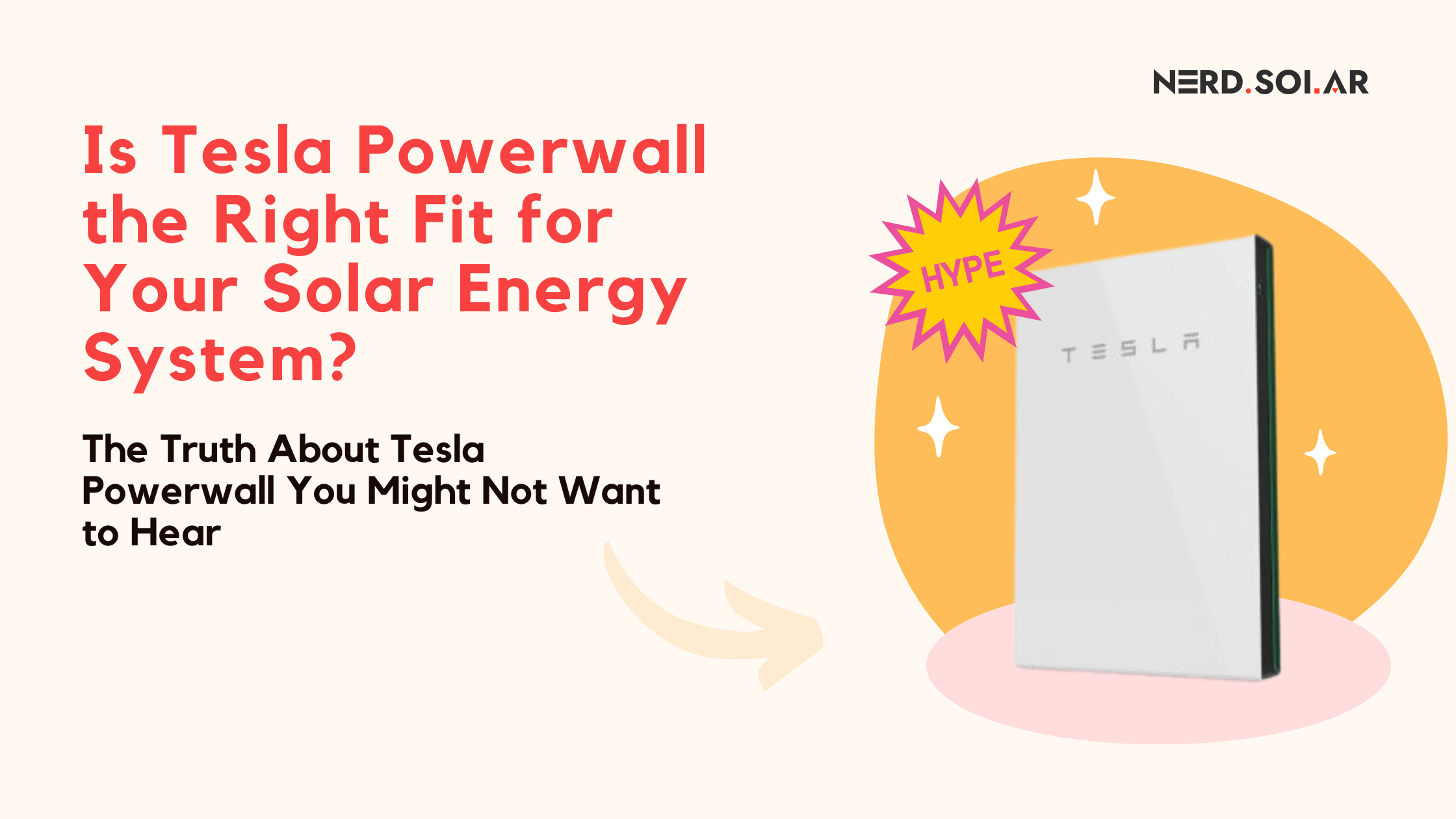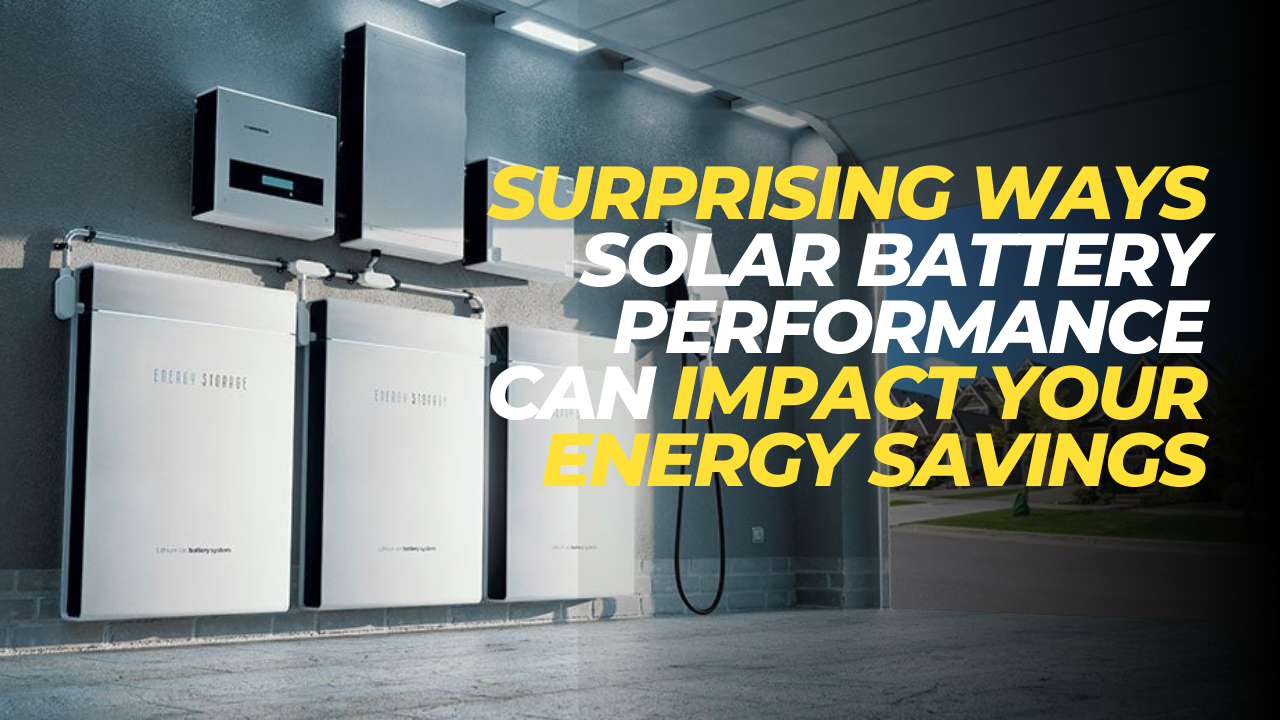How Do We Rate Solar Companies?
TL;DR: We rate solar installers from 1 to 5 stars to help you pick the best one. High stars mean they’re really good at what they do and treat their customers right. Low stars? Not so much. We give credit to companies that have been around for a while, know what they are doing, have a high standard of workmanship and equipment, don’t hire subcontractors to keep the bar of solar installation quality high, and have good local reviews from real customers (yes, we check if the reviews are actually real or fake). Companies we choose as top-rated know and can help with federal and local solar incentives to help you save, have good financing plans, and guarantee their work. We’re here to point you to the solar companies that truly rock, making going solar easy and worthwhile for you.
Check our detailed review process here.
Is It Worth Going Solar in Missouri?
Going solar in Missouri can be a worthwhile investment for many homeowners, but it depends on several factors including the cost of installation, available incentives, and individual energy consumption.
Cost of Solar Panels in Missouri
The cost of installing solar panels in Missouri varies, but the average price is around $2.59 per watt. For a typical 10.5 kW system, the cost before any incentives is approximately $27,195, which drops to $19,037 after applying the 30% federal solar investment tax credit (ITC). The cost can range from $17,472 to $30,576 depending on the size and efficiency of the system.
Incentives and Rebates
Missouri offers several incentives that can significantly reduce the cost of going solar:
- Federal Solar Investment Tax Credit (ITC): This credit allows homeowners to deduct 30% of the cost of installing a solar energy system from their federal taxes.
- Utility Rebates: Various utility companies in Missouri, such as Ameren Missouri, offer rebates. For example, Ameren provides a rebate of $0.25 per watt, which can amount to $2,525 for a 10.5 kW system.
- Net Metering: Missouri mandates net metering, allowing homeowners to earn credits for excess energy produced by their solar panels. These credits can offset future electricity bills.
Savings and Payback Period
The average payback period for a solar panel system in Missouri is around 10 years if paid upfront. Over 25 years, homeowners can save an estimated $18,292 on electricity bills. The savings can be even higher if electricity rates increase over time, as solar panels provide a hedge against rising energy costs.
Energy Consumption
Missouri residents typically consume more energy than the national average, with an average monthly usage of 1,028 kWh. This higher consumption makes solar panels more beneficial, as they can offset a larger portion of the electricity bill.
Environmental and Long-term Benefits
In addition to financial savings, solar panels offer environmental benefits by reducing carbon emissions and reliance on fossil fuels. Solar panels also increase property value and provide energy independence.
However, the decision should be based on individual circumstances such as energy consumption, available roof space, and financial situation. Homeowners are advised to get multiple quotes and consider all available incentives to maximize their investment.
How much does solar save homeowners in Missouri?
The average residential electricity rate in Missouri is approximately 13 cents per kilowatt-hour (kWh). On average, Missouri residents spend about $138 per month on electricity, which totals $1,656 annually. This rate is lower than the national average, which is around 15.45 cents per kWh.
Solar Panels and Cost Reduction
Installing solar panels can significantly reduce or even eliminate these electricity costs. The average cost of solar panels in Missouri is about $2.59 per watt, making a typical 6 kW system cost around $15,540 before any incentives. After applying the 30% federal solar investment tax credit (ITC), the cost drops to approximately $10,878.
Example of Savings
For a typical 10.5 kW system, the cost before incentives is around $27,195, which reduces to $19,037 after the ITC. Over 25 years, homeowners can save an estimated $18,292 on electricity bills. In Columbia, MO, for instance, an 11.2 kW system costing $32,000 before incentives can save homeowners $2,100 in the first year, $10,700 over five years, $22,500 over ten years, and $49,700 over twenty years.
Net Metering Policies in Missouri
Missouri mandates net metering for all electric utilities under the “Net Metering and Easy Connection Act“. Net metering allows homeowners to earn credits for the excess electricity their solar panels produce and send back to the grid. These credits can offset future electricity bills, enhancing the financial benefits of solar installations.
Details of Net Metering
- Credit Rates: The rate at which excess energy is credited varies by utility. For example, Evergy offers one-to-one net metering, while Ameren credits at 5.39 cents per kWh in the summer and 3.92 cents per kWh in the winter.
- Credit Expiry: Credits must be used within 12 months, or they expire without compensation.
- Avoided Cost Rate: Credits are often based on the avoided cost rate, which is the cost the utility avoids by not generating or purchasing additional power. This rate is typically lower than the retail rate.
Solar panels can substantially reduce or eliminate electricity costs for Missouri residents. With the combination of federal tax credits and net metering policies, the financial benefits of installing solar panels are significant. Homeowners can expect a relatively short payback period and long-term savings on their electricity bills.
What is the average cost of going solar in Missouri?
The cost of installing solar panels in Missouri varies based on several factors, including the size of the system, the efficiency of the panels, and the specific installation requirements. Here is a detailed breakdown of the average costs and potential savings:
Cost Per Watt
- The average cost per watt for solar panels in Missouri ranges from $2.40 to $2.82.
- A typical 6 kW system costs around $15,540 before incentives, which drops to approximately $10,878 after applying the 30% federal solar investment tax credit (ITC).
Total System Costs
- The average cost to install a solar panel system in Missouri is around $27,195 before the ITC, which reduces to $19,037 after the credit.
- The cost for a 5 kW system is approximately $13,763, and for a 10.5 kW system, it is around $27,195 before incentives.
Cost Breakdown by System Size
- 4 kW System: $7,918 after ITC.
- 5 kW System: $9,489 after ITC.
- 6 kW System: $10,857 after ITC.
- 7 kW System: $12,534 after ITC.
- 8 kW System: $14,504 after ITC.
- 9 kW System: $15,775 after ITC.
- 10 kW System: $17,339 after ITC.
Potential Savings
- Missouri homeowners with solar panels can save an estimated $18,292 over 25 years.
- The average payback period for a solar panel system in Missouri is around 10 years if paid upfront.
- Over 20 years, homeowners can save approximately $20,782 on electricity bills with a 5 kW system.
*Please note that these are averages and actual costs can vary. It’s recommended to do your research and get multiple quotes before making a decision.
Missouri Solar Incentives
Missouri offers a variety of incentives and rebate programs to encourage homeowners to install solar panels. These incentives come from federal, state, and local levels, making solar energy more affordable and accessible.
Federal Solar Incentives
Federal Solar Investment Tax Credit (ITC)
- The ITC allows homeowners to claim 30% of the cost of installing a solar photovoltaic (PV) system as a tax credit on their federal income taxes.
- Eligibility: The system must be installed between 2022 and 2032 to qualify for the 30% credit. The credit decreases to 26% for systems installed in 2033 and 22% for systems installed in 2034. There is no maximum amount that can be claimed.
- How to Claim: Homeowners must file IRS Form 5695 when submitting their federal tax return.
Statewide Solar Programs
Missouri Property Tax Exemption
- Missouri offers a property tax exemption for the added value of a solar energy system. This means that any increase in property value resulting from the installation of a solar system is exempt from property taxes.
Net Metering
- Missouri’s net metering policy allows homeowners to receive credits for excess electricity generated by their solar panels. These credits can offset future electricity bills.
- Eligibility: Applies to solar systems up to 100 kW. Credits are based on the utility’s avoided cost rate, which is typically lower than the retail rate. Credits must be used within 12 months or they expire.
PACE Financing
- The Property Assessed Clean Energy (PACE) program provides low-interest loans for solar installations. These loans are repaid through an assessment added to the property tax bill.
- Programs: Show Me PACE and Set the PACE St. Louis are notable PACE programs in Missouri.
Local Incentives
Utility Company Rebates
- Ameren Missouri: Offers a rebate of $0.25 per watt for solar installations, which can amount to $2,625 for a typical 10.5 kW system.
- Columbia Water & Light: Provides rebates ranging from $375 to $625 per kW for the first 10 kW, then $300 to $500 per kW for the next 10 to 50 kW, and $150 to $250 per kW for anything over that, up to 100 kW.
- Empire District Electric Company: Offers a rebate of $0.25 per watt for new systems within the manufacturer’s 10-year warranty term.
- Evergy: Provides a rebate of $0.25 per watt for systems less than 25 kW.
*These incentives make solar energy a more affordable and attractive option for homeowners in Missouri. However, it’s important to note that most incentive programs are only authorized for a certain period of time or until funding runs out.
Net Metering Policies in AZ
- Credit Rates: The rate at which excess energy is credited varies by utility. For example, Evergy offers one-to-one net metering, while Ameren credits at 5.39 cents per kWh in the summer and 3.92 cents per kWh in the winter.
- Credit Expiry: Credits must be used within 12 months, or they expire without compensation.
- Avoided Cost Rate: Credits are often based on the avoided cost rate, which is the cost the utility avoids by not generating or purchasing additional power. This rate is typically lower than the retail rate.
Are There Any Community Solar Programs in Missouri?
Yes, there are several community solar programs available in Missouri. These programs allow residents to benefit from solar energy without having to install solar panels on their own properties. Here are some notable community solar initiatives in the state:
Columbia Water & Light (CW&L) Community Solar Program
https://www.como.gov/utilities/columbia-power-partners/solar/community-solar/
- Launch Date: Participation begins January 1, 2024, with low-to-moderate income (LMI) customer participation starting in Spring 2024.
- Duration: The program is designed to run through December 2044.
- Eligibility: Available to residential customers, including owner-occupied and rental properties. Former SolarOne customers receive first priority.
- Cost and Savings: The program estimates a standard $0.63 per month cost for standard customers, with low-income customers benefiting from $27 in savings over the first seven months, providing $0.91 in monthly electric bill savings in the first year.
Ameren Missouri Community Solar Program
https://www.ameren.com/missouri/company/environment-and-sustainability/solar/community-solar
- Projects: Ameren operates two community solar sites: a 0.9 MW project in Lambert, MO, and a 5.7 MW project in Montgomery County.
- Participation: Customers can subscribe to these projects to receive credits on their electric bills for the solar energy produced.
Independence Power & Light Community Solar Farm
https://www.independencemo.gov/government/city-departments/power-and-light/ipl-community-solar-farm
- Project Size: 14.72 MW DC community solar farm.
- Subscription Details: Customers can commit up to 40% of their current electric usage to the solar farm, setting their electric rate for 25 years and retaining the Solar Renewable Energy Certificates (SRECs) generated.
Liberty Utilities Solar Subscription Program
https://central.libertyutilities.com/all/solar-subscription.html
- Subscription Model: Customers can subscribe to solar blocks and lock in an affordable rate for the energy produced by a Liberty-owned solar facility.
- Current Status: The first solar facility is fully subscribed, but customers can join a waitlist for future facilities.
City of Columbia Community Solar Program
https://www.como.gov/utilities/columbia-power-partners/solar/
- Subscription Model: Customers can reserve one block of solar (1.5 kW) through 2044.
- Cost: One-time registration fee of $27 and a monthly subscription fee of $24.77. Customers receive a credit on their monthly bills reflecting the energy produced from the community solar project.
Statewide Community Solar Legislation (SB 824)
- Proposed Program: A community solar pilot program running from 2023 through 2025, requiring electric utilities to honor the pilot program until the total solar demand from community program subscribers equals 2% of the utility’s sales for the previous year.
- Status: The legislation has not yet been signed into law, but it aims to establish a state-recognized and utility-supported community solar program.
